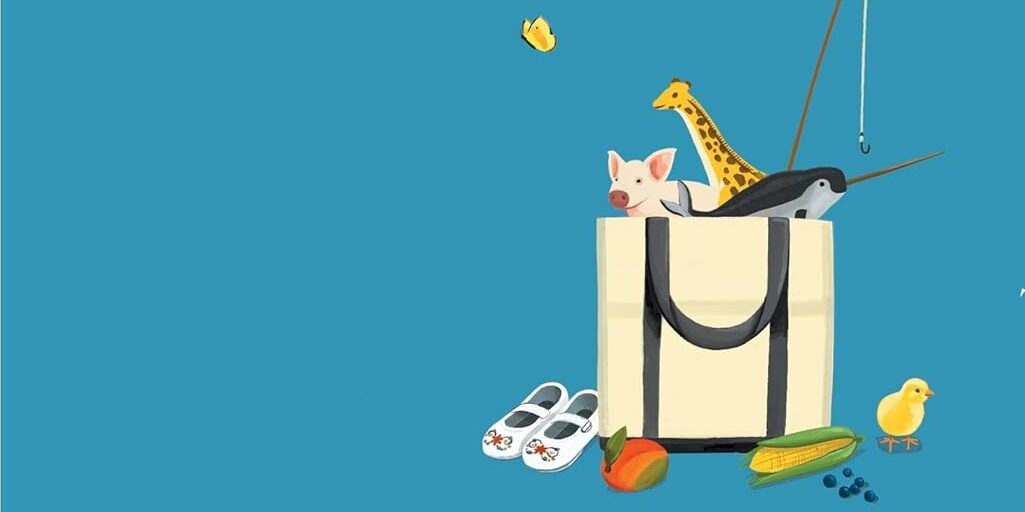Michaeleen Douclef – Hunt, Gather, Parent (2021)
De auteur voldoet aan de subjectieve eisen om een boek over opvoeding te gaan schrijven (i.e., vrouw, hoogopgeleid, één kind (een meisje)). Desondanks leest het boek prettig: er worden zeer herkenbare (onwenselijke) situaties geschetst, waardoor de aangedragen oplossing aan draagkracht wint. In hoeverre één en ander praktisch toepasbaar is, zal moeten blijken.

Our culture focuses almost entirely on one aspect of the parent-child relationship. That’s control – how much control the parent exerts over the child, and how much control the child tries to exert over the parent. […] Helicopter parents exert maximal control; free-range parents exert minimal. Our culture thinks either the adult or the child is in control.
The idea of acomedido (a Mexican term) is complex: It’s not just doing a chore or work because someone told you to; it’s knowing which kind of help is appropriate at a particular moment because you’re paying attention.
In the West, we often employ two types of motivation: rewards (e.g., praise, gifts, stickers, allowances) and punishment (e.g., yelling, time-outs, groundings, threats). But in many other cultures, parents tap into another type of motivation: a child’s drive to fit in with their family and to work together as a team. To belong.
When you invite a child to help, remember the invitation is always to work together and it is not an order. Every task becomes an opportunity to work together and reinforce the child’s membership in the family.
Intrinsic motivation is magical. It allows people to grow, learn, and work without (much) struggle or resistance. And it likely lasts longer than extrinsic motivation (i.e., rewards and punishments).
Executive function helps you to control your emotions and behavior, or to change direction when needed. It’s the voice in your head that makes you pause before you react, asking ‘What repercussions will follow my actions? Is there a better approach?’.
Let children handle their own arguments. When children argue among themselves, just step back and don’t interfere. Your meddling will only make the argument worse and prevent children from learning how to settle their own disputes. Jump in only if the children really start hurting each other. Kids needs autonomy.
Young children, about five years older than another child, can be the best teachers out there. […] They have more energy than parents; they naturally integrate play and pretend into their ‘teaching exercises’, so learning is more fun; and their skill level at task more closely matches that of a younger child.
Western culture isolates new parents and focuses heavily on the nuclear family as the primary caretakers. This way, parents are set up for postpartum anxiety and depression.
